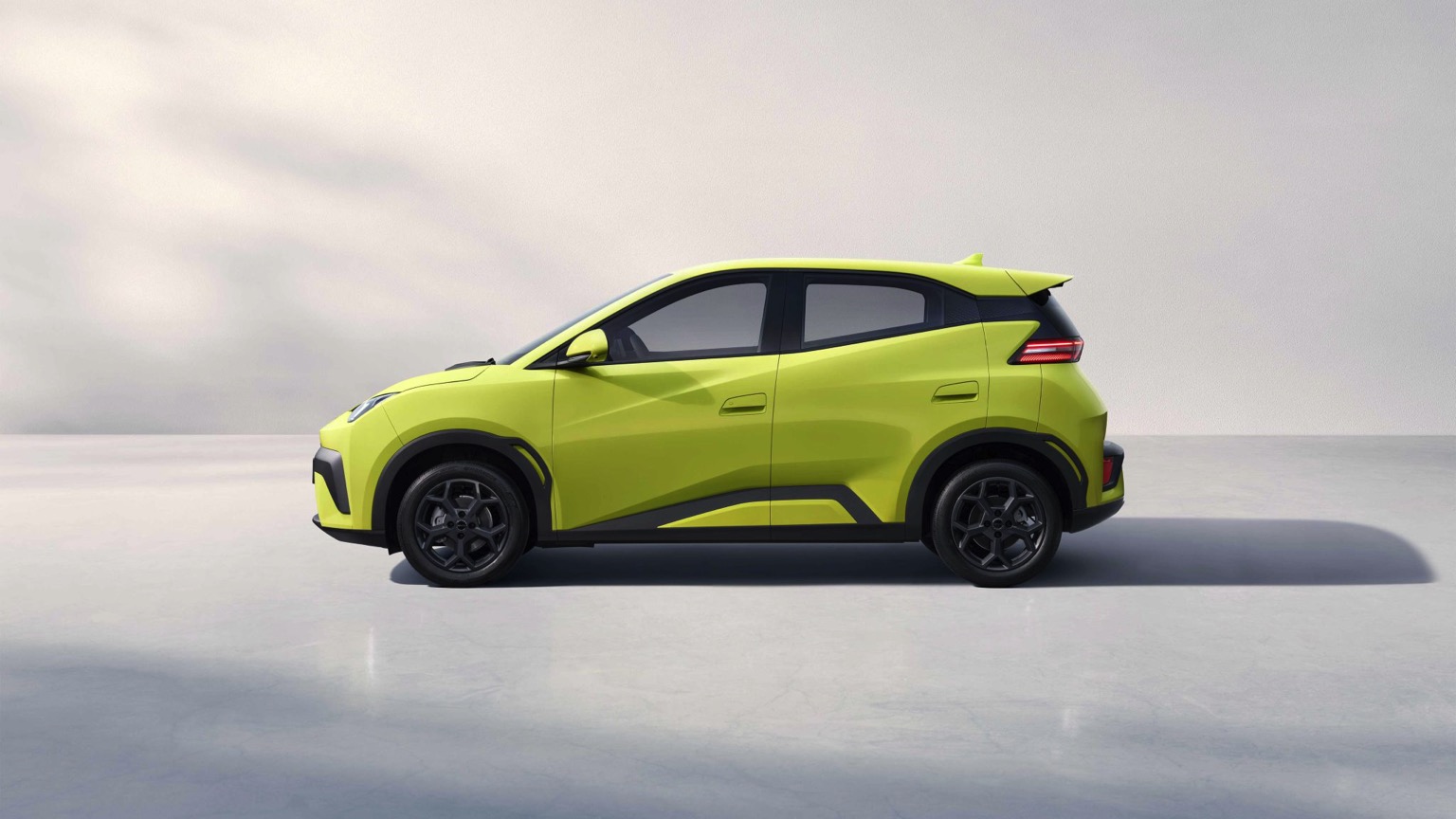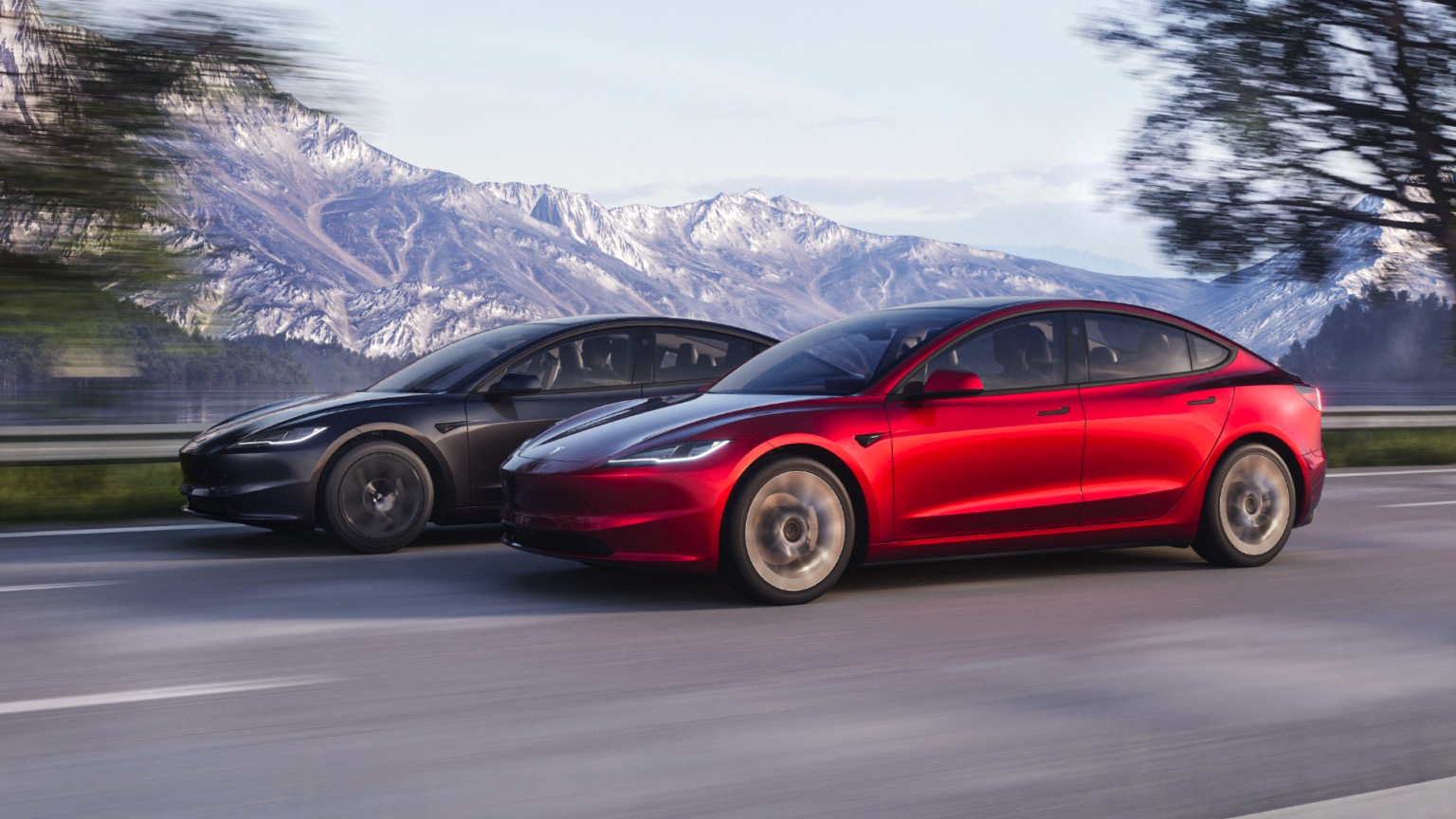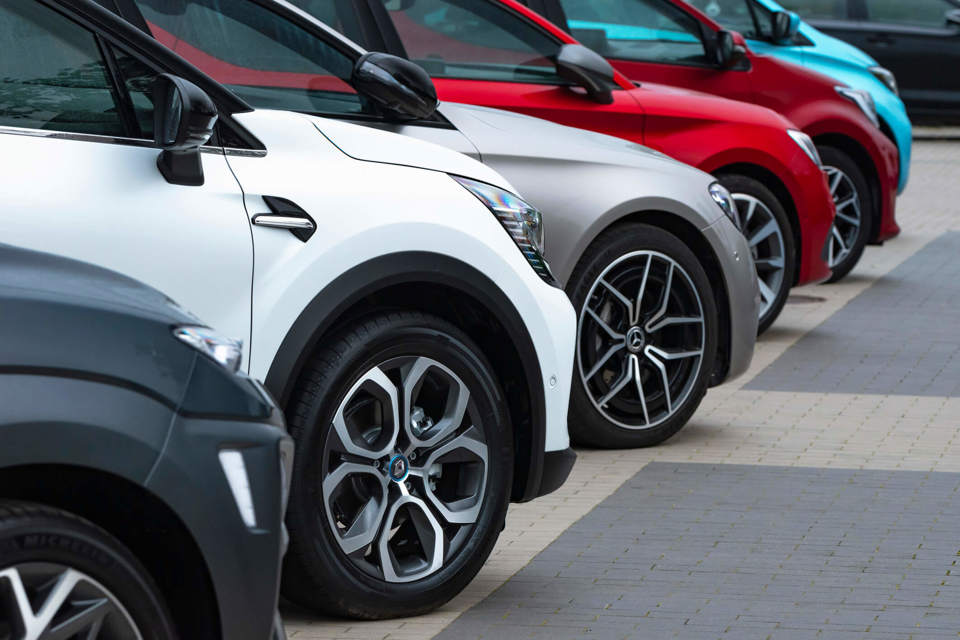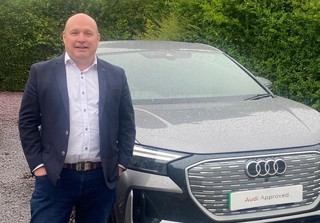Car brands have improved their working relationships with leasing companies in the past 12 months, and BMW is once again a standout performer, according to new research from the British Vehicle Rental and Leasing Association (BVRLA).
The BVRLA Member OEM Relationship Survey, which is now in its second year, has shown a year-on-year improvement in working relationships, from an average of 6.6 to 7.1 out of 10.
The survey has expanded its reach and influence, drawing responses from 28 leasing companies, up from 22 in 2024, who evaluated 27 original equipment manufacturers (OEMs) across six key performance areas.
BMW topped the results for a second consecutive year with an 8.6, growing its leadership position from 2024.
The German premium brand’s standing in the fleet market tallies with its win as Fleet Manufacturer of the Year at this year’s Fleet News Awards, a position it has maintained for seven years in a row.
BMW consistently emerged as a top performer across multiple categories, with recognition in areas like account management, range of vehicles, vehicle reliability and issue resolution.
New brands on the rise with leasing companies
The rapid rise of emerging brands is also evident in BVRLA’s latest survey results, with BYD shooting up the rankings already into joint second alongside Seat in terms of the best working relationships with leasing companies.

Phil Garthside, BVRLA’s head of research and insight, told Fleet News: “Some OEMs are clearly setting the standard, while others have an opportunity to improve by adopting best practices.”
New EV brands like BYD, Polestar, Omoda and Jaecoo are impressing leasing providers with proactive service and a clear drive to win fleet business.
Polestar topped the EV category with an 8.9 out of 10 rating.
Garthside noted: “The new entrants are working hard to get on leasing company radars and it’s paying off.
“They’re not just adding variety to choice lists; they’re competing on service and ease of doing business.”
In some segments, emerging brands are rivalling or even overtaking longer-established OEMs across the satisfaction rankings.
“It’s not a curve — it’s a vertical line,” noted Amanda Brandon, director of member engagement at BVRLA, referring to the extraordinary pace at which BYD and others are scaling.
Brandon said the emerging brands have been aided by the fact that brand loyalty among EV customers appears to be weaker than in the traditional ICE market, which is creating space for new players to gain ground quickly.
BYD was identified by 84% of respondents as an "up and coming" brand with an increasing presence in the leasing and fleet market, maintaining its top position from the previous year. Omoda Jaecoo followed closely at 52%, climbing one rank. Kia is also continuing to cement its position in the UK fleet and leasing market.
Tesla holds ground, but faces service challenges
Tesla remains a strong performer in key areas related to EV capability, including vehicle range and customer demand.

Its early lead in electrification continues to resonate with both leasing companies and their customers, only just missing out on first place with a rating of 8.8.
However, this year’s survey data also highlighted a dip in Tesla’s scores for technical and driver support. The brand was also in the bottom three, alongside Land Rover and Vauxhall for in life services.
Tesla has had a somewhat strained relationship with fleets in the past, which it has been actively working on to repair over the past year.
While Tesla’s product offering remains compelling, particularly for early adopters, the data suggests pressure is mounting for the brand to enhance its fleet support operations further.
It also remains to be seen as to whether Tesla’s heavily publicised public image problems this year will end up filtering down to its position in the 2026 survey.
Areas for improvement
While the overall results show positive progress for OEMs, there are still several key areas that were highlighted by the BVRLA for OEMs to look at improvements for next year.
These include better access to vehicle data, more consistent supply and rising concerns around EV residual values.
Garthside said: “Data is essential. Leasing providers need detailed, timely information to support their customers and this is certainly an area from the results that members are asking for improvement on.”
Brandon added that “aftersales support when things go wrong” is another key pain point.
She said that when issues arise, leasing companies can often find themselves caught between OEMs, dealers and drivers, with no clear ownership of the problem.
Despite the challenges, the overall tone is one of improvement.
Compared to 2024, satisfaction scores suggest that some OEMs are responding positively to feedback.
Garthside said: “Having tangible, survey-based feedback helps move the conversation beyond general complaints.
“It gives leasing companies and OEMs something constructive to work from.”
The BVRLA wants to keep growing the reach of the survey each year and offers each participating OEM an individual performance breakdown.
Garthside continued: “This is a long-term project. The National Franchised Dealers Association (NFDA) has been running its dealer attitude survey for years.
“We’re only in year two, but the goal is the same: to foster constructive dialogue that leads to better outcomes.”
Brandon added: “There are few relationships as important to our members as those with OEMs.
“With the pace of technological and regulatory change, it’s vital the supply chain works together effectively.”
Read the full results of the BVRLA Member OEM Relationship Survey.























Login to comment
Comments
No comments have been made yet.